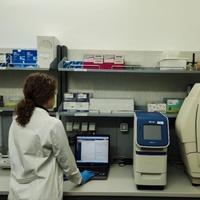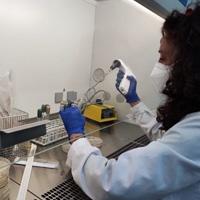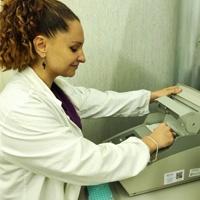Strengthening of the Italian Research Infrastructure for Metrology and Open Access Data in support to the Agrifood
UNINA3 - Species Authentication and Pathogen Identification
(Reference person: Tiziana Pepe)
The UO is composed of several facilities dedicated to assessing species authentication and pathogen identification and characterization. The OU expertise in Species Authentication is based on the application of omics techniques. The laboratory carries out analysis for species authentication using both standard (Cytb, COI, 16S, and 12S) and species-specific DNA barcodes. The sequencing of the complete mitochondrial DNA combined with bioinformatic analysis allows the design of innovative molecular markers, aiming at preventing frauds for species substitution. The Pathogen Identification along the whole food chain is expertise of the laboratory at OU. The know-how includes the identification and characterization of pathogen bacteria (e. g. L. monocytogenes, Salmonella spp, Campylobacter spp, E. coli, Vibrio spp.) and viruses (e. g. Norovirus, HAV, HEV, Astrovirus), in food products. The detection of foodborne pathogens is based on the use of innovative molecular methods (PCR, RT-PCR, NGS). Characterization of antimicrobial resistance patterns in animal pathogens is further expertise of the UO laboratory. The know-how includes the identification and characterization of the antimicrobial resistance of pathogenic bacteria (Mycobacterium complex; Staphilococcus spp; Salmonella spp. etc.) combining the use of the current microbiological and molecular methods (MALDI-TOFF; PCR; RT-PCR; NGS) with the possibility to carry out detailed phylogenetic reconstructions.
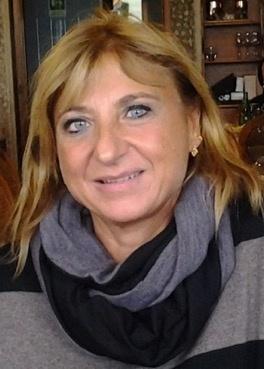
Tiziana Pepe
Is Full Professor at Department of Veterinary Medicine and Animal Production, University of Naples "Federico II". Her research topics are: species authentication in seafood products using genomic analysis, use of end-point and real-time PCR for the identification of fish species and microbial pathogenic species. Director of the School of Specialization in Food Inspection of Animal Origin. She is involved in different research projects such as “METROFOOD-IT” financed by PNRR-MUR and “EuFish_SustainableGrowth” (Eranet BlueBio Cofund - 2nd additional call). She attended as speaker and auditor in several national and international research meetings. Editor for Frontiers in Microbiology. Total publications: 51. Total citations: 968. H-index: 17 (Scopus November 2022).
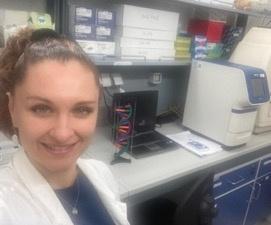
Marina Ceruso
Is Researcher at Department of Veterinary Medicine and Animal Production (DMVPA), University of Naples "Federico II". Her research topics are: species authentication in seafood products against frauds using genomic and proteomic approach, use of end-point and real-time PCR for foodborne pathogens identification. She has received the national license as an Associate Professor, SSD VET/04. Member of Committee for VQR and DMVPA Responsible for P.C.T.O. She is involved in different research projects such as “UrbanSoilGreening” (FRA) and “EuFish_SustainableGrowth” (Eranet BlueBio Cofund - 2nd additional call). She attended as speaker in several national and international research meetings. Guest Editor for Antibiotics, member of the Reviewer Board for Foods and Frontiers in Microbiology. Total publications: 30. Total citations: 222. H-index: 10 (Scopus November 2022).
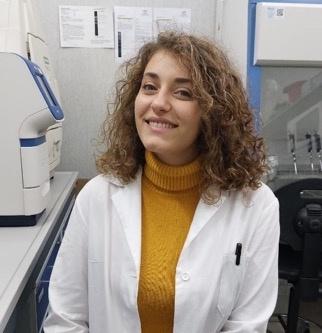
Iolanda Venuti
Is Ph.D. student at Department of Veterinary Medicine and Animal Production (DMVPA), University of Naples "Federico II". She obtained the title of Specialist in “Food Inspection of Animal Origin”. Her research topics are: species authentication in seafood against frauds by genomic analysis; foodborne pathogens detection, from different food matrices, using classical microbiological methods and PCR (end-point and real-time); emerging foodborne viruses detection in bivalve molluscs using qPCR. She is involved in different research projects such as “EuFish_SustainableGrowth” (Eranet BlueBio Cofund - 2nd additional call).






